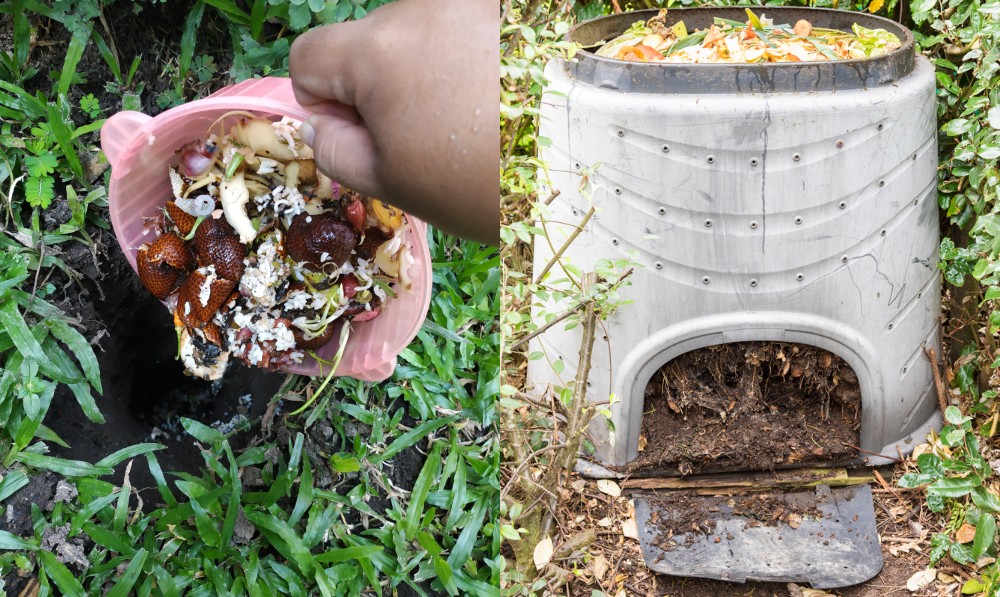How to Avoid Common Composting Mistakes
Composting is a simple and eco-friendly way to recycle organic waste, but many people make common composting mistakes that can slow down the process or create problems. If you want to compost effectively, it’s important to know what mistakes to avoid. In this article, we’ll walk you through the most common errors and show you how to avoid them, ensuring you get the best results.
What Are the Common Composting Mistakes?
Many beginners make mistakes when starting composting. However, these mistakes can be easily avoided with a little knowledge. Let’s look at the most frequent composting errors and how to fix them.
1. Incorrect Balance of Greens and Browns
One of the common composting mistakes is not having the right mix of green (nitrogen-rich) and brown (carbon-rich) materials. Without the right balance, your compost will not break down properly. Too much of one type can either make it too wet or too dry, which slows down decomposition.
How to Fix It
- Aim for a ratio of 2:1 brown to green materials.
- Brown materials include leaves, straw, and paper, while greens include food scraps, grass clippings, and coffee grounds.
By mixing these in the correct proportions, your compost will decompose efficiently.

2. Adding the Wrong Items
Another common composting mistake is adding things that should not go in the compost pile. Certain items, like meat, dairy, and oily foods, can create bad odors and attract pests, which are unwanted in a compost pile.
How to Avoid It
- Only compost organic materials like vegetable scraps, coffee grounds, and yard waste.
- Avoid meat, bones, dairy, oils, and pet waste.
By sticking to the right items, your compost will stay healthy and free from harmful bacteria.
3. Forgetting to Turn the Pile
Many people forget to turn their compost pile. Turning the pile helps mix the materials and allows air to circulate. Without turning, your compost will not decompose properly, and it can become compacted or smelly.
How to Fix It
- Turn the pile every 1 to 2 weeks using a pitchfork or compost turner.
- If you use a compost bin, shake it occasionally to help aerate the materials.
Regularly turning your pile will speed up the composting process and prevent odors from developing.
4. Not Keeping the Pile Moist
Moisture is important for the composting process. A dry pile won’t break down quickly, while a soggy pile can become too compacted and difficult to turn. Finding the right moisture level is key to avoiding this common composting mistake.
How to Avoid It
- Keep the compost damp like a wrung-out sponge.
- If the pile is too dry, add water, and if it’s too wet, add more brown materials like leaves or cardboard.
Keeping the right moisture balance ensures your compost will break down at the right speed.
5. Poor Location of the Compost Bin
Another mistake people make is putting their compost bin in the wrong spot. If your bin is too shaded or too exposed to the sun, it can affect how quickly the materials decompose.
How to Fix It
- Place your compost bin in a location that gets some sunlight but is not too hot.
- Ensure the bin has good airflow, as this helps with the decomposition process.
By choosing the right location for your compost bin, you help the pile decompose efficiently.
6. Not Using Enough Airflow
A lack of airflow is another common composting mistake. Without enough oxygen, the materials in your compost pile can become anaerobic, meaning they won’t decompose properly. This can lead to foul smells and slow down the entire process.
How to Avoid It
- Turn your compost regularly to add air.
- If your bin is sealed tightly, consider adding ventilation holes.
By ensuring proper airflow, you can speed up composting and avoid bad smells.
7. Not Being Patient Enough
Composting takes time, and impatience can lead to frustration. Some beginners expect their compost to be ready quickly, but it usually takes several months for compost to fully break down.
How to Fix It
- Be patient and give the compost time to decompose.
- If you’re in a hurry, you can speed up the process by turning it more often or adding more green materials.
With patience, you’ll soon have rich, nutrient-dense compost ready to use in your garden.
Conclusion
Avoiding common composting mistakes is simple when you know what to look for. By balancing greens and browns, turning the pile regularly, and keeping it moist, you can create healthy, fast-decomposing compost. Remember to be patient, and soon you’ll have nutrient-rich compost that benefits your garden. Follow these tips, and you’ll enjoy a successful composting experience!



